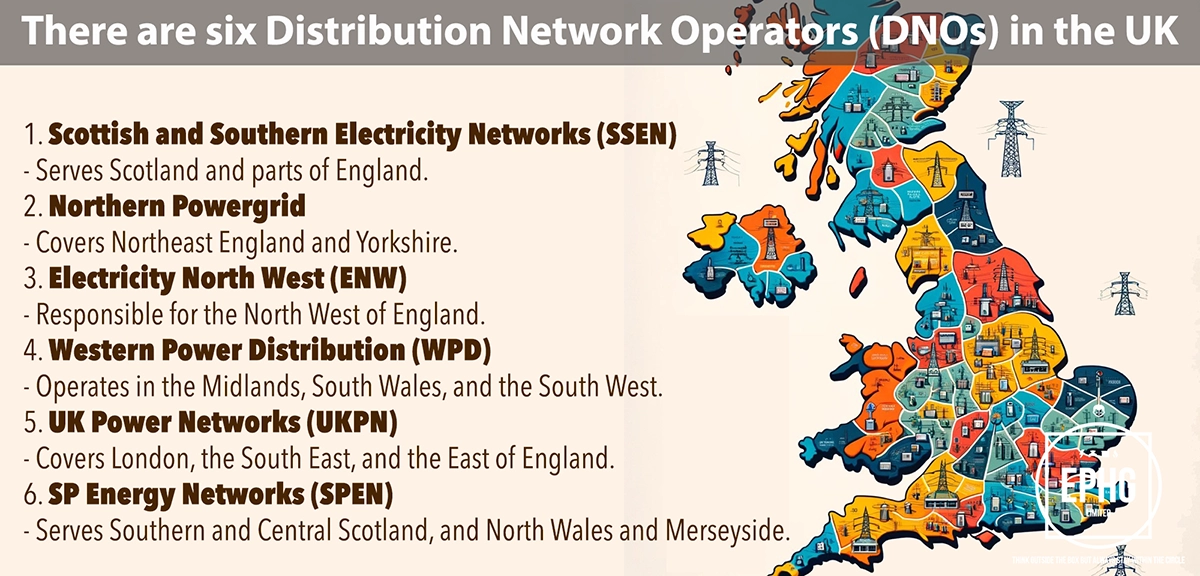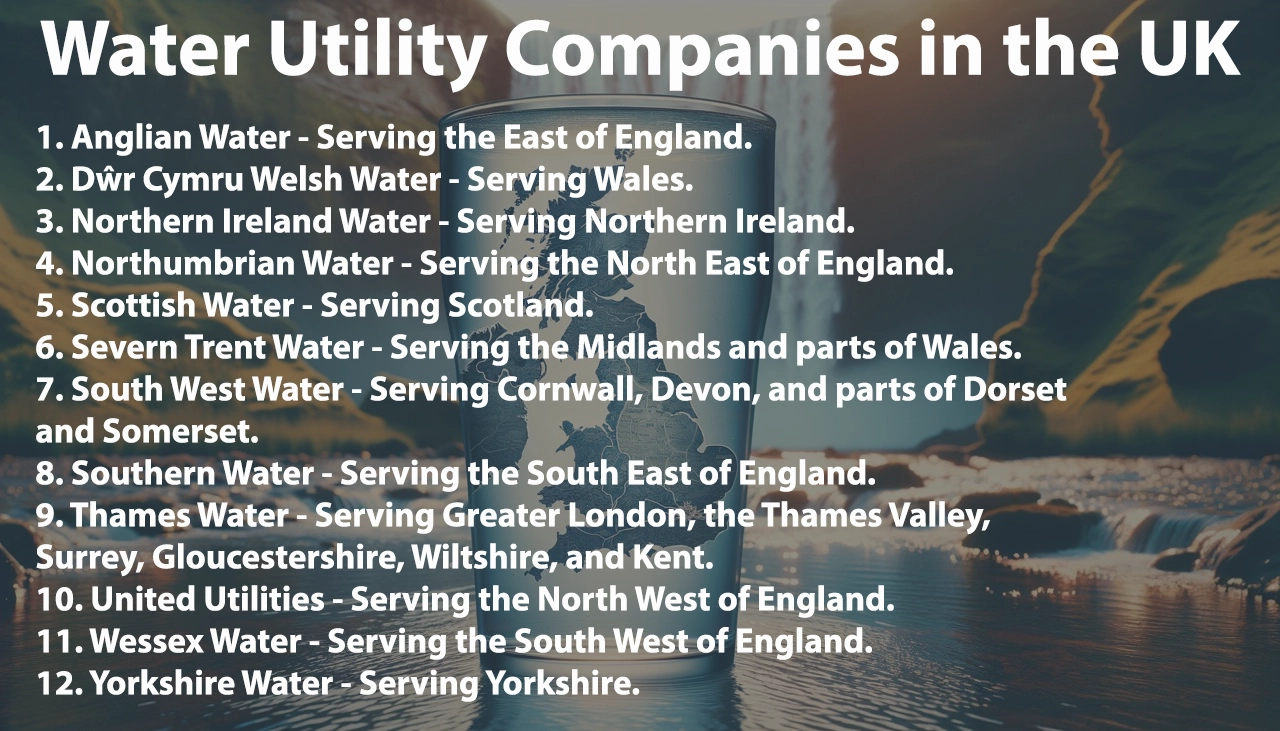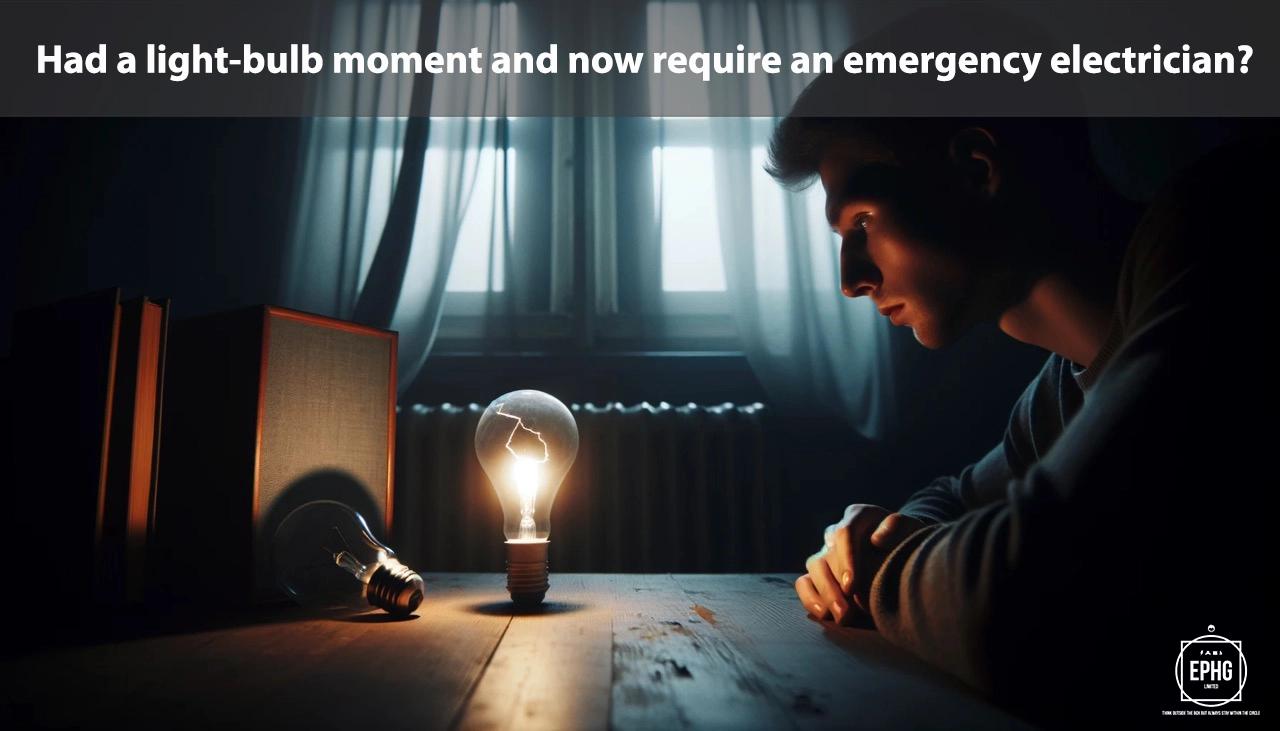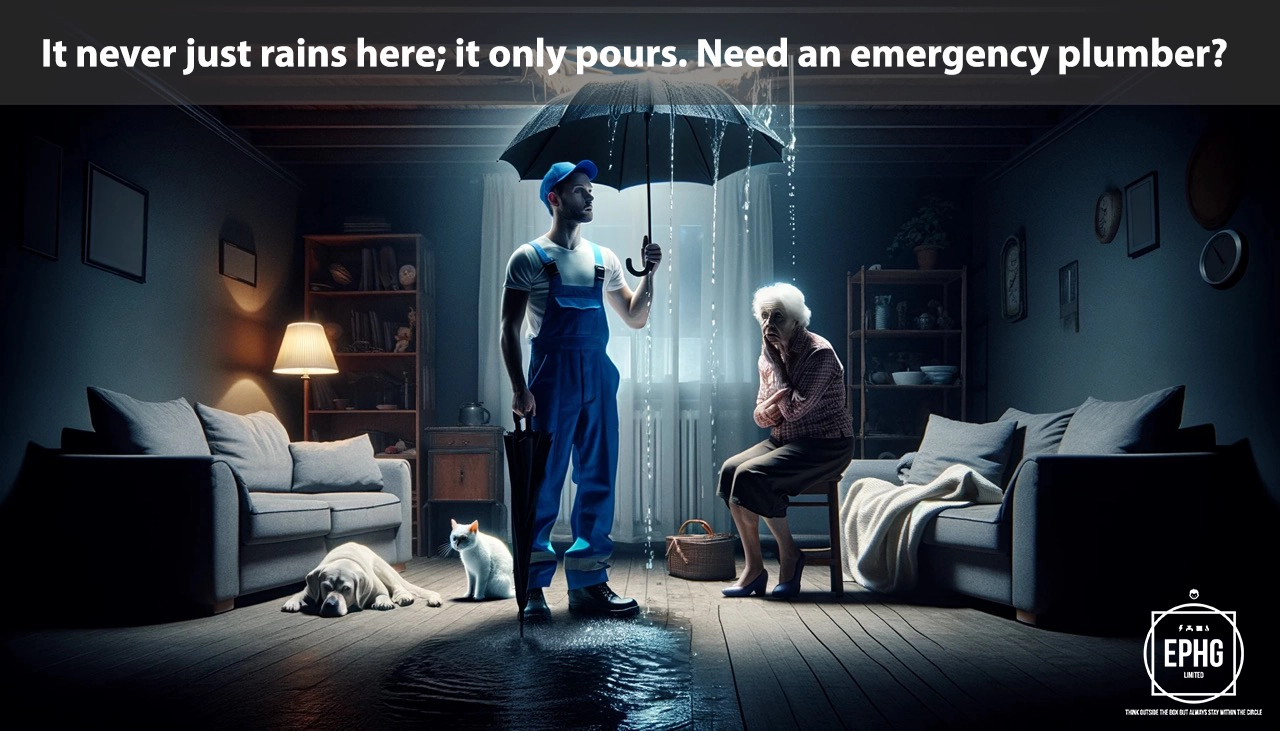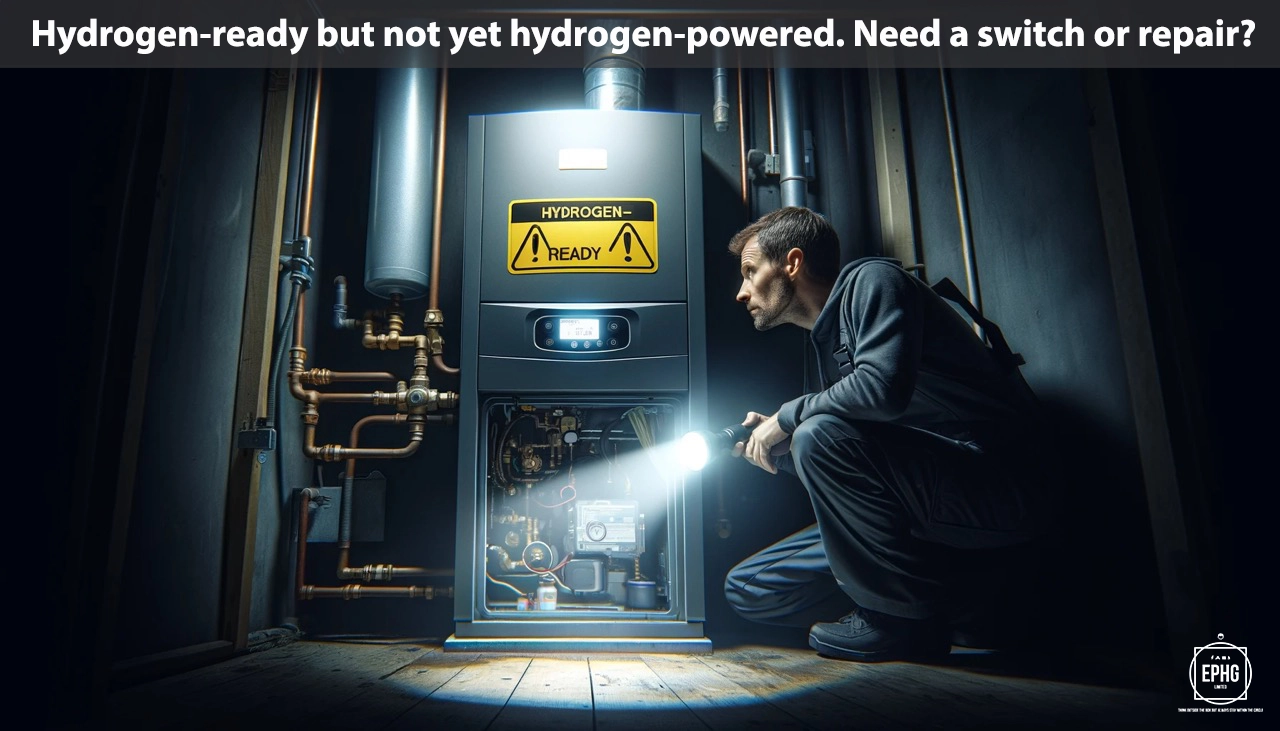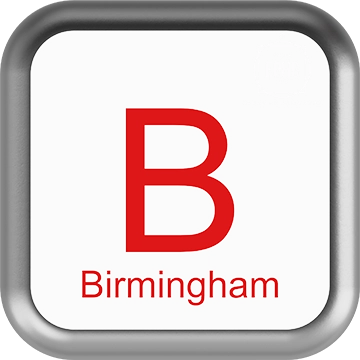
B Postcodes for Utilities & Services in Birmingham
Introduction: The B postcode area, encompassing Birmingham and its surrounding areas, is rich in utilities and services crucial for everyday life. In this guide, we delve into the essentials of water and electricity provision in the region, alongside other important information.
Water in Birmingham
Where does the water supply come from in Birmingham and is there ever a shortage of water?
In Birmingham, the main source of water is the Elan Valley Reservoirs, which are situated in Wales. This water system is significant for its capacity and reliability, supplying the city and its environs with high-quality water. The journey from the reservoirs to Birmingham's taps is a testament to historic and modern engineering feats, ensuring consistent flow and availability. Despite this robust system, Birmingham is not immune to the challenges posed by climate change and population increases, which can lead to occasional concerns about water scarcity. Local authorities and water companies actively manage resources and encourage sustainable water use among residents to prevent shortages. The infrastructure is continuously monitored and upgraded to adapt to the changing environment and to ensure that the supply meets the demands of the growing population.
What is the hardness & quality of the water in Birmingham and can this affect your health?
The water in Birmingham is known to be moderately hard. This is due to the water traveling through limestone and chalk areas before reaching the city, leading to higher levels of calcium and magnesium. While hard water can lead to scaling in pipes and appliances, it is not harmful to health and may even contribute beneficial minerals to the diet. Birmingham’s water is regularly tested and treated to meet stringent safety and quality standards, ensuring it is safe for all customary uses, including drinking, cooking, and bathing. Residents may notice that soap lathers less effectively in hard water, but this does not impact the water's safety or hygiene. Water hardness can have minor impacts on individuals, such as dry skin or hair, but these are typically manageable with routine household solutions like water softeners or by using different washing and cleaning products.
Electricity in Birmingham
Where does the electric supply come from in Birmingham and what is the future of energy there?
The electric supply in Birmingham is diverse, stemming from a variety of sources including fossil fuels, nuclear energy, and a growing proportion of renewable sources like wind, solar, and biomass. The region is undergoing a transformative shift towards sustainability, aiming to decrease its carbon footprint and enhance energy security. Significant investments are being made in renewable energy projects, including the development of solar parks and the installation of wind turbines. Birmingham is also exploring innovative energy solutions, such as battery storage technology and the potential for geothermal energy. The future of energy in Birmingham is set to be increasingly green, with plans to reduce reliance on traditional energy sources and move towards a more sustainable, low-carbon energy system. This transition aligns with national goals for climate change mitigation and represents Birmingham's commitment to being at the forefront of energy innovation.
When is hydrogen coming to gas boilers in Birmingham?
The integration of hydrogen into Birmingham’s gas boilers is part of a broader national strategy aiming at decarbonizing the UK's heating systems. While specific timelines can vary, Birmingham is likely to see the introduction of hydrogen heating systems in line with national trials and deployments. These efforts are expected to pick up pace post-2025, with pilot projects and phased rollouts testing the viability and efficiency of hydrogen heating in residential areas. Householders are encouraged to keep abreast of new developments and to consider energy-efficient alternatives when upgrading their heating systems. The transition towards hydrogen represents a significant move towards cleaner energy solutions in Birmingham, reflecting the city's ambition to tackle climate change and reduce greenhouse gas emissions from domestic heating.
Where Does the Wastewater Go in Birmingham?
In Birmingham, wastewater management is a critical component of the city's environmental infrastructure, safeguarding public health and the natural environment. Wastewater from homes, businesses, and industry is collected and transported to treatment facilities like the Minworth Sewage Treatment Works, one of the largest in the UK. At these facilities, wastewater undergoes rigorous treatment processes to remove contaminants, pathogens, and other pollutants, ensuring the water meets strict quality standards before it is returned to rivers or the sea. This system not only prevents pollution and disease but also supports the recovery and reuse of valuable resources, such as energy and nutrients. Birmingham's approach to wastewater treatment exemplifies the city's commitment to environmental stewardship and sustainability, ensuring clean waterways and a healthier urban ecosystem.
Regions and Services:
The B postcode covers a wide variety of areas, from the bustling cityscape of Birmingham to the scenic towns and countryside of the surrounding West Midlands. Key regions include:
- Birmingham City: A hub of utility innovation and infrastructure, showcasing a mix of traditional and modern electrical, gas, and renewable energy sources.
- Solihull, Sutton Coldfield, and Dudley: These towns blend historical charm with contemporary services, reflecting diverse economic and cultural backgrounds.
- Redditch, Bromsgrove, and Halesowen: Areas where there's an increasing emphasis on sustainable living, with the growth of renewable energy initiatives and green utilities.
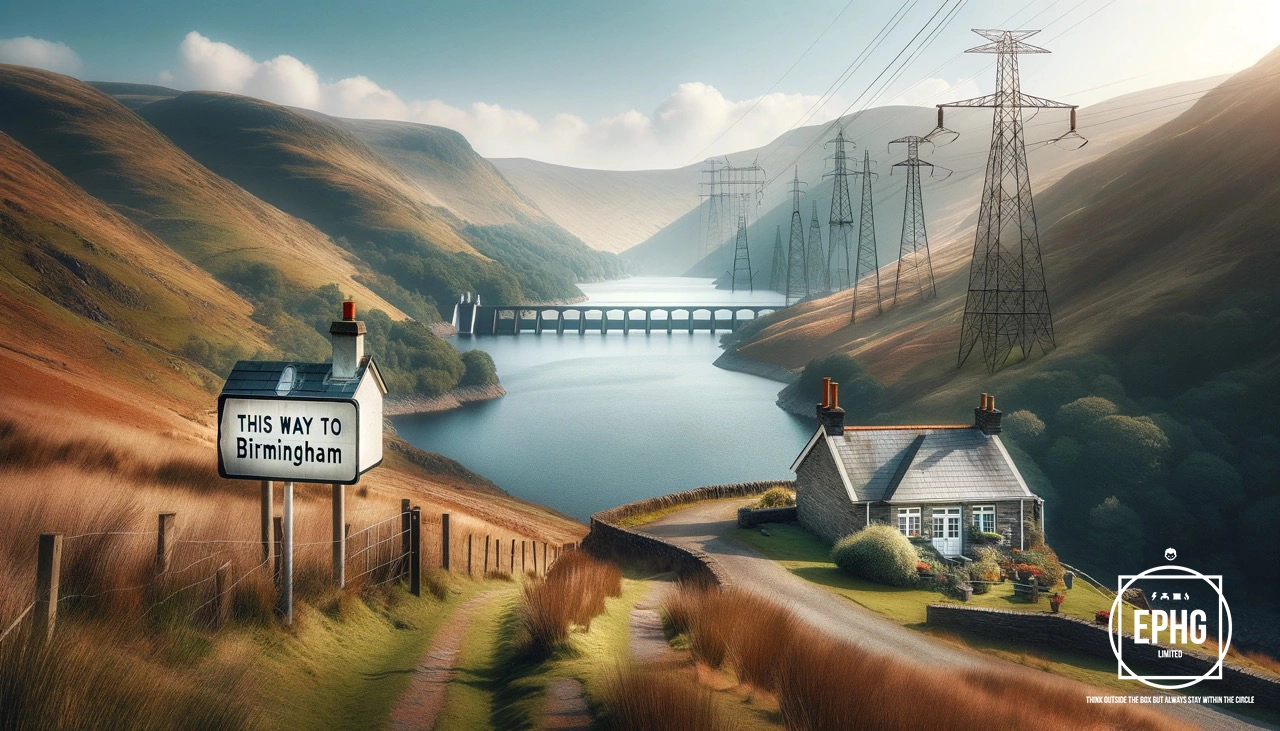
Regions within the B Postcode
Birmingham City
- B1: Birmingham City Centre, Broad Street (West)
- B2: Birmingham City Centre, New Street
- B3: Birmingham City Centre, Newhall Street
- B4: Birmingham City Centre, Corporation Street (North)
- B5: Digbeth, Highgate, Lee Bank
- B6: Aston, Witton
- B15: Edgbaston, Lee Bank
- B16: Edgbaston, Ladywood
- B24: Erdington, Tyburn
- B25: Yardley
Surrounding Areas and Villages
- B13: Moseley, Billesley
- B14: Kings Heath, Yardley Wood, Brandwood, Druids Heath
- B21: Handsworth
- B22: Handsworth Wood
- B23: Erdington, Short Heath
- B30: Bournville, Cotteridge, Stirchley
- B31: Northfield
- B32: Woodgate, Bartley Green, Quinton, California (Birmingham)
- B33: Kitts Green, Stechford
- B34: Shard End, Buckland End
- B35: Castle Vale
- B36: Castle Bromwich, Smith's Wood, Bromford
- B37: Chelmsley Wood, Marston Green, Kingshurst, Fordbridge
- B38: Kings Norton, West Heath
- B39: Cofton Hackett, Lickey End
- B41: North Birmingham
- B42: Perry Barr, Great Barr, Hamstead
- B43: Great Barr, Hamstead
- B44: Perry Barr, Kingstanding, Great Barr
- B45: Rednal, Rubery
- B51: Bromsgrove (Rural)
- B52: Sutton Coldfield (Rural)
- B53: Tamworth (Rural)
- B54: Cannock (Rural)
- B55: Atherstone (Rural)
- B56: Coleshill (Rural)
